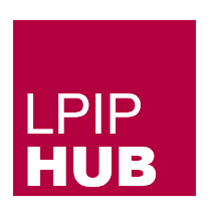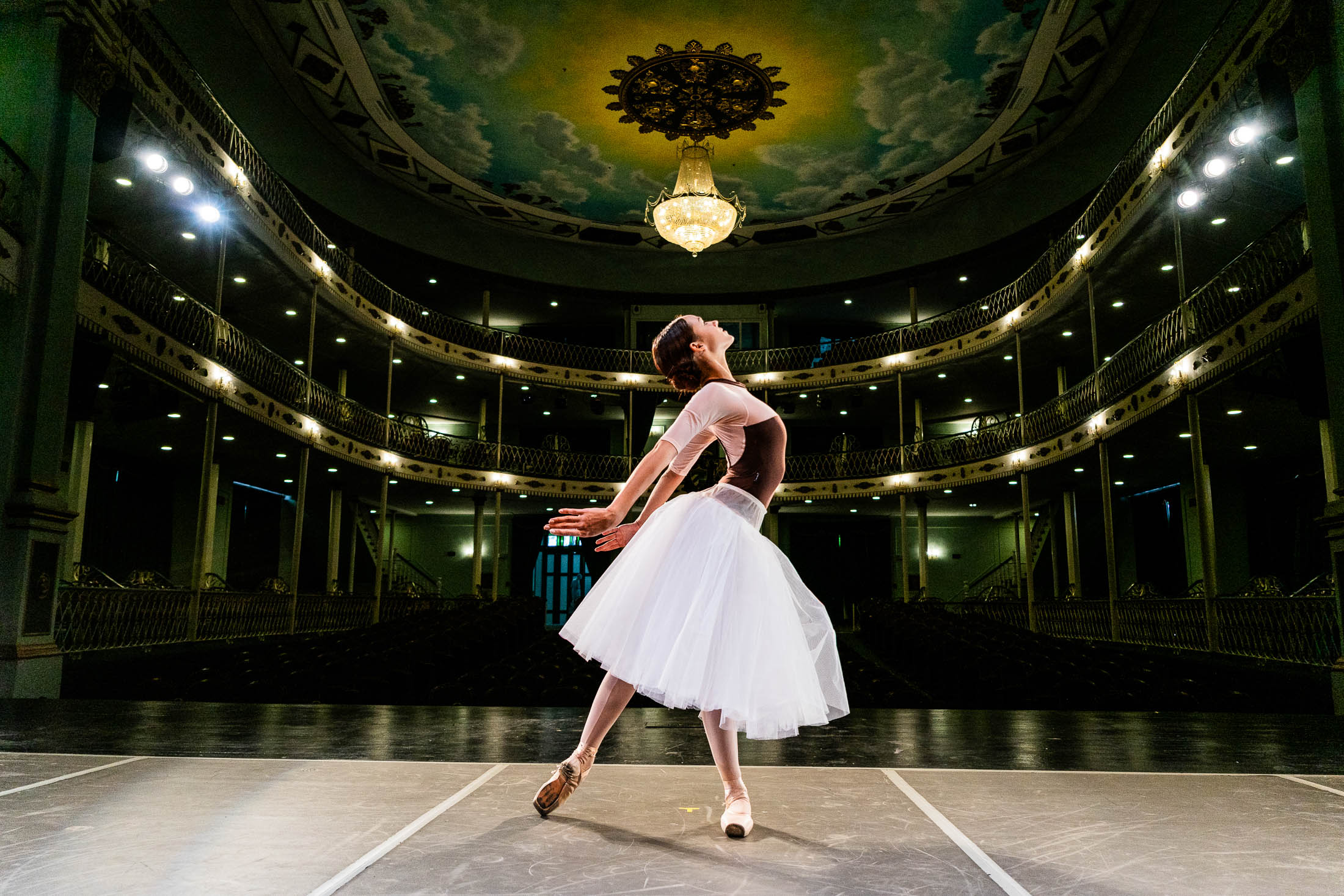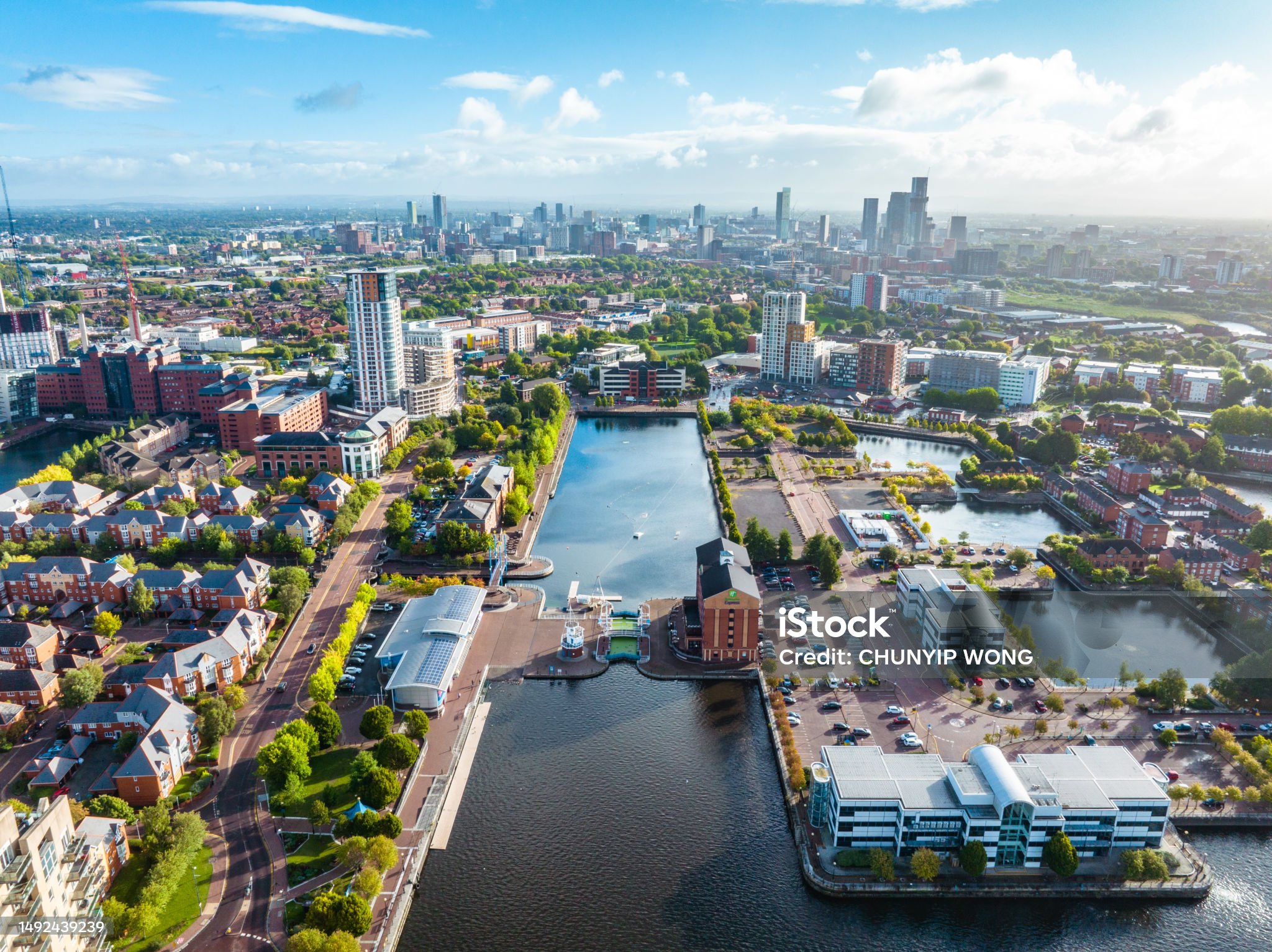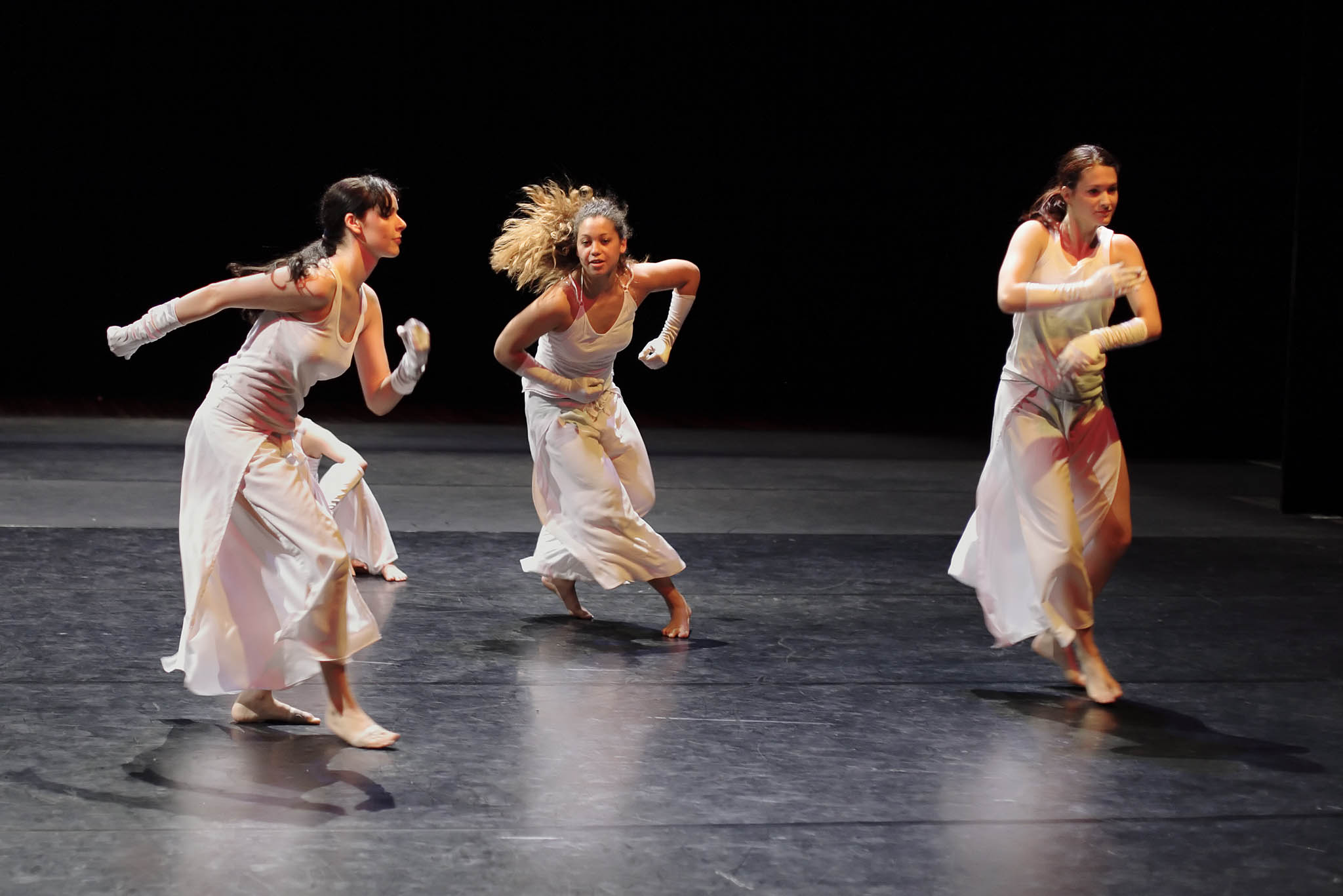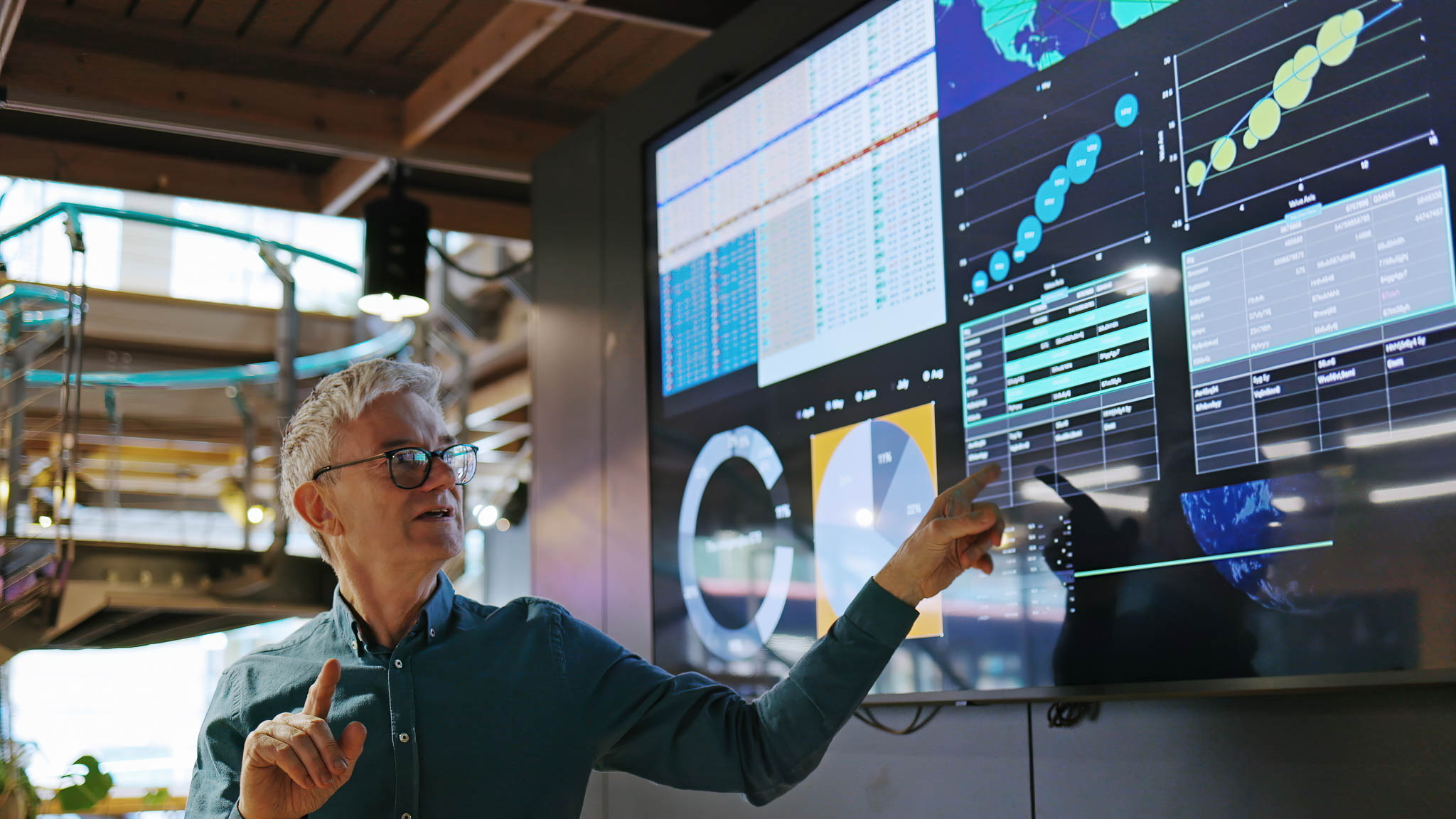Ensuring greater access to culture, understanding how and why people engage with culture, and accessing and evidencing the role of culture as both producer and consumer in the economy and society are vital to successful levelling up agendas both across the UK and within areas and regions.
About this research theme
The need for Cultural recovery has been intensified and accelerated by the Covid-19 pandemic’s impact, but there were long-standing tensions before that, dating back to the turn of the century. While the most immediate and obvious antecedent is the pandemic, there were long-standing issues surrounding cultural spending and austerity measures, and a decades-long landscape of public spending cuts. All must be considered to fully understand the context of Cultural Recovery.
This research strand aims to provide support and guidance to those local partnerships looking to include considerations of arts and culture sufficiently, and effectively, into their place-based agenda. To do that, the concept of Cultural Recovery itself needs some consideration. Recovery from what, precisely? Is the aim to ensure the cultural landscape of places in the UK is nourished and supported? Or is the role of culture and cultural activity to be considered in terms of its wider role in economic recovery?
The ‘Cultural’ and ‘Creative’ sectors are not the same thing, but the ecologies do overlap. Not understanding this delineation risks a reduction of all evaluation of cultural infrastructure to economic considerations, ignoring a myriad of other forms of cultural value and risking the loss of sufficient funding to recognise their potential. Cultural investment often prioritises cultural consumption, (where people can see culture – theatres, stadiums, sports events etc) large-scale events and performances, over creating spaces for cultural production (Places where culture is made – rehearsal spaces, art, dance and music studios).
Some key questions that this research strand seeks to consider include:
- What is the aim at the centre of the notion of Cultural Recovery? Is the intention to govern the recovery of cultural infrastructure, or to specify culture’s place in economic recovery?
- What is the national policy context for cultural policy in the UK, and what is the role of culture in ‘recovery’?
- How does the cultural policy landscape differ across the nations of the UK?
- How can participation in cultural activity be more inclusive and accessible, and which groups are in need of greater representation and participation?
- What are the challenges for effective local partnerships?
- How can local-level cultural infrastructure be preserved, improved and sustained?
Designing effective place-based interventions in arts and culture requires a sensitivity and understanding of the nuance and precariousness of the arts and culture sector in the UK, a clarity on the delineations between cultural and creative ecosystems, an awareness of long-standing inequalities and imbalances in the wider funding structure and an acknowledgement of the wider variety of forms of value that cultural activity can provide, beyond the economic.
Reports
Cultural Recovery: Evidence Review
Davies, J. (June 2024)
Blogs
The team
LPIP Hub Team
- Dr Sara Hassan (City-REDI) – LPIP Hub Cultural Recovery Theme lead
- Dr Abigail Gilmore (University of Manchester)
Key Partners
- Professor Jane Wills (University of Exeter)
- Andrew Mowlah (Director of Research: Arts Council England)
